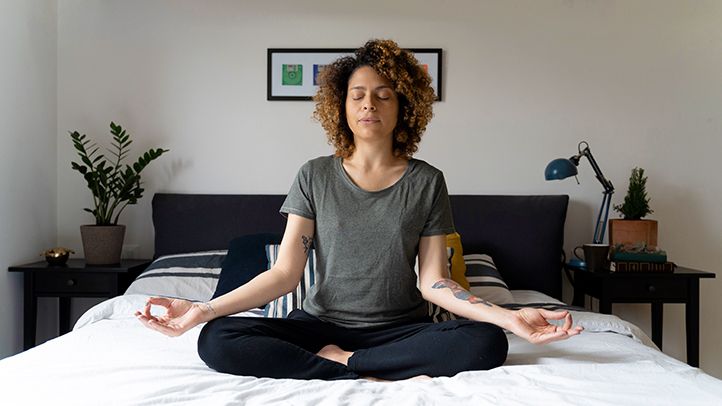In the hustle and bustle of everyday life, it’s easy to overlook the importance of self-care. Yet, prioritizing your well-being is essential for maintaining physical, mental, and emotional health.
This article delves into various self-care practices that can empower individuals to nurture themselves and foster a healthier, more balanced lifestyle.
Mindful Moments
Begin your self-care journey by incorporating mindful moments into your day. Pause, breathe, and bring awareness to the present moment.
Mindfulness practices, such as deep breathing or a brief meditation, can help center your thoughts, reduce stress, and promote a sense of calm amidst the chaos.
Quality Sleep
Prioritize a good night’s sleep as a fundamental pillar of self-care. Establish a consistent sleep routine, create a comfortable sleep environment, and limit screen time before bedtime.
Quality sleep not only rejuvenates the body but also enhances cognitive function and emotional well-being.
Healthy Nutrition
Nourishing your body with a balanced and nutritious diet is a tangible act of self-care. Focus on incorporating a variety of fruits, vegetables, whole grains, and lean proteins into your meals.
Staying hydrated is equally important, as it supports overall bodily functions and helps maintain energy levels.
Regular Exercise
Physical activity is a powerful form of self-care that benefits both the body and mind. Find an exercise routine that suits your preferences, whether it’s a brisk walk, yoga, or weight training.
Regular exercise releases endorphins, reduces stress, and contributes to a positive self-image.
Establishing Boundaries
Learn to set and maintain healthy boundaries in both personal and professional aspects of life. Saying “no” when needed and communicating your limits can prevent burnout and foster healthier relationships. Prioritizing your own needs is not selfish; it’s an essential component of self-care.
Digital Detox
Take intentional breaks from screens to combat information overload and digital fatigue.
Designate specific times for screen-free activities, such as reading a book, going for a nature walk, or enjoying quality time with loved ones. A digital detox can refresh your mind and improve overall well-being.
Cultivating Hobbies
Engage in activities that bring you joy and relaxation. Whether it’s gardening, painting, playing a musical instrument, or cooking, dedicating time to hobbies fosters creativity, reduces stress, and provides a sense of accomplishment outside of daily responsibilities.
Social Connection
Nurture your social bonds by spending quality time with friends and family. Meaningful connections contribute to emotional well-being and provide a support system during challenging times.
Schedule regular social interactions to maintain a sense of community and belonging.
Personal Reflection
Take moments for self-reflection to understand your emotions, goals, and values. Journaling, meditation, or simply spending quiet time alone can facilitate introspection and self-awareness.
This self-awareness is the foundation for making informed decisions that align with your well-being.
Conclusion
Embracing self-care practices is not a luxury but a vital investment in your overall well-being. By incorporating mindful moments, prioritizing sleep, maintaining a healthy lifestyle, and fostering meaningful connections, you can create a sustainable self-care routine that supports you physically, mentally, and emotionally.
Remember, self-care is an ongoing journey, and finding what works best for you is a personal exploration that can lead to a more balanced and fulfilling life.

Leave feedback about this